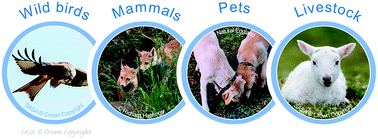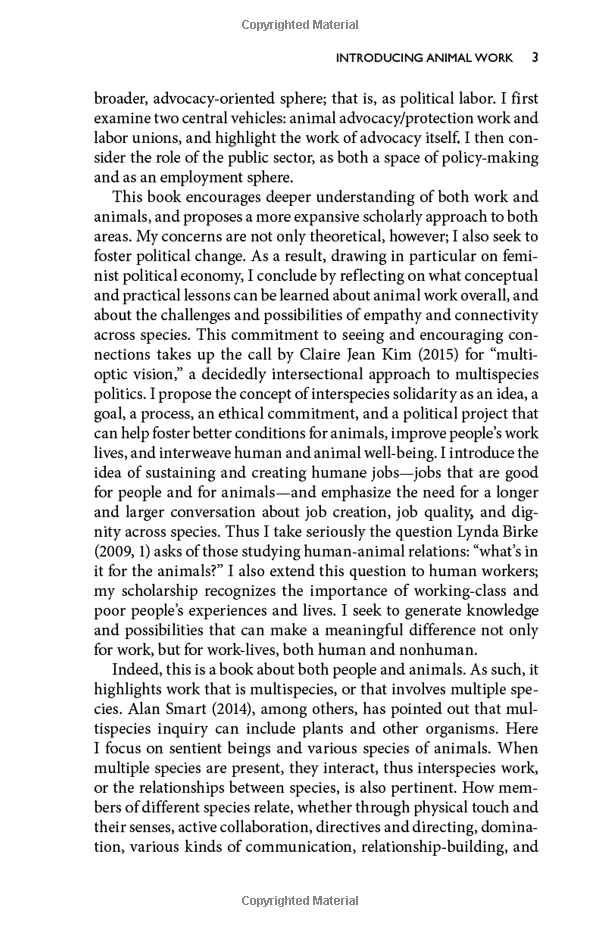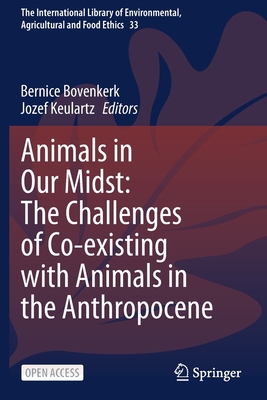# When Was PETA Founded: Discover the Origins of the World’s Leading Animal Rights Organization
## IntroductionWhen was PETA founded? This question not only sparks curiosity but also opens the door to understanding the evolution of animal rights activi……
## Introduction
When was PETA founded? This question not only sparks curiosity but also opens the door to understanding the evolution of animal rights activism. Founded in 1980, People for the Ethical Treatment of Animals (PETA) has become a pivotal force in advocating for animal welfare. By exploring the history of PETA, we can appreciate its impact on society, culture, and legislation concerning animal rights.
## The Early Days of PETA
When was PETA founded? The organization was established in March 1980 by Ingrid Newkirk and Alex Pacheco. The inception of PETA marked a significant turning point in the animal rights movement. Before PETA, animal welfare efforts were often fragmented and lacked a unified voice. Newkirk and Pacheco recognized the need for a dedicated organization that could effectively advocate for animals on a larger scale.
## PETA’s Mission and Goals

When was PETA founded? Understanding its foundation helps us grasp its core mission. PETA’s primary goal is to establish and defend the rights of all animals. The organization operates under the belief that animals are not ours to use for food, clothing, entertainment, or experimentation. PETA’s campaigns focus on raising awareness about animal cruelty and promoting veganism as a lifestyle choice.
## Major Campaigns and Achievements
Since its founding, PETA has launched numerous campaigns that have garnered global attention. When was PETA founded? The answer to this question is crucial as it provides context for the organization’s achievements over the decades. From high-profile celebrity endorsements to undercover investigations revealing the horrors of factory farming, PETA has consistently used innovative tactics to draw public attention to animal rights issues.
One of PETA’s most famous campaigns is the “I’d Rather Go Naked Than Wear Fur” initiative. Launched in 1990, this campaign featured celebrities posing nude to protest against the fur industry. It not only raised awareness but also sparked widespread discussions about ethical fashion choices.

## PETA’s Influence on Legislation
When was PETA founded? This pivotal moment in 1980 has led to significant legislative changes over the years. PETA has been instrumental in lobbying for animal protection laws, including the Animal Welfare Act and various state-level initiatives aimed at banning cruel practices in animal agriculture. Their relentless efforts have helped to increase public awareness and support for animal rights legislation.
## Global Reach and Impact
When was PETA founded? The organization’s influence has expanded far beyond the United States. PETA now has affiliates in multiple countries, advocating for animal rights on a global scale. This international reach has allowed PETA to address issues such as animal testing, factory farming, and the exploitation of wildlife, making it a truly global leader in animal rights advocacy.

## Conclusion
In summary, when was PETA founded? The answer is 1980, a year that marked the beginning of a transformative movement in animal rights activism. PETA has not only raised awareness about animal cruelty but has also inspired countless individuals to adopt a more compassionate lifestyle. As we reflect on PETA’s journey, it becomes clear that its founding was not just a milestone; it was the beginning of a powerful movement that continues to evolve and inspire change for animals around the world.
By understanding the origins and impact of PETA, we can appreciate the ongoing fight for animal rights and the importance of supporting organizations that advocate for those who cannot speak for themselves.